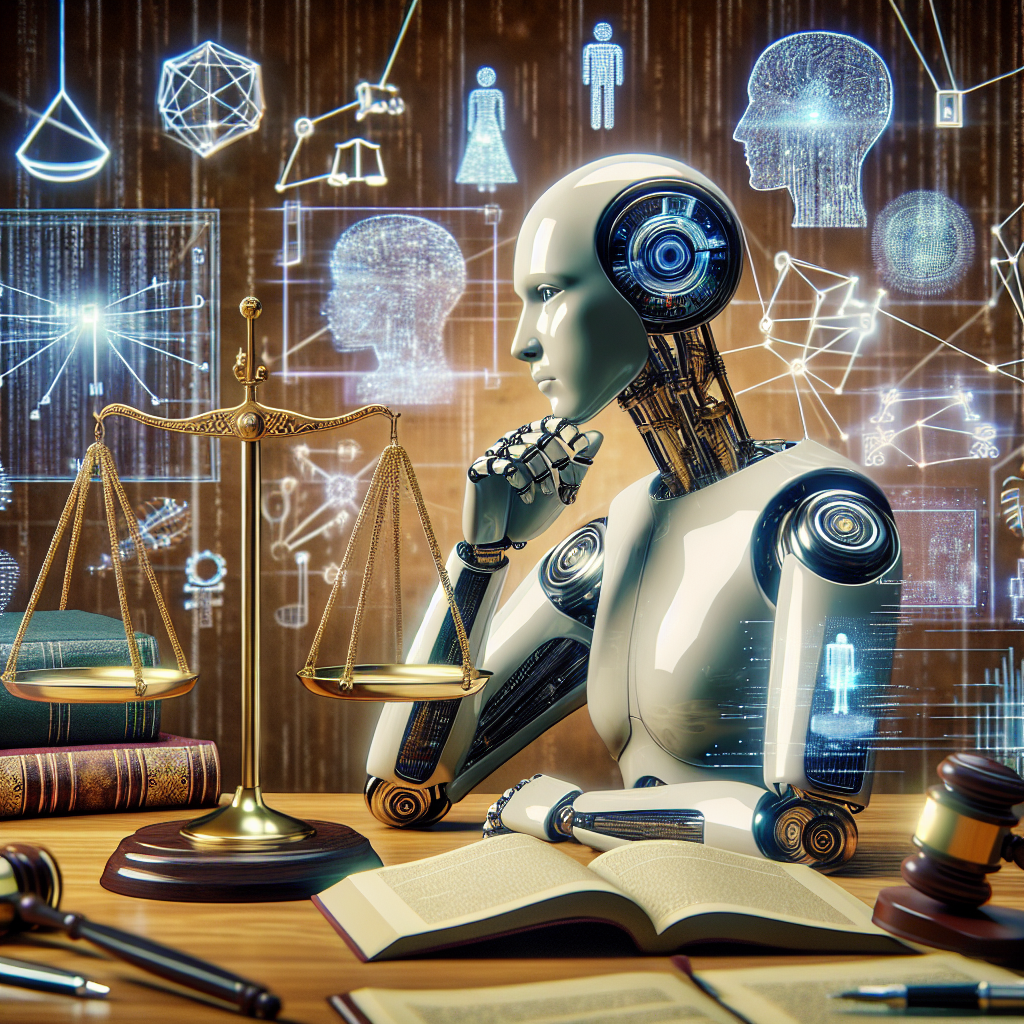The Rise of AI in Legal Dispute Resolution
In recent years, artificial intelligence (AI) has become increasingly prevalent in the legal industry, particularly in the area of dispute resolution. AI technology is being used to streamline and enhance the process of resolving legal disputes, making it more efficient, cost-effective, and accurate. This shift towards AI-powered dispute resolution is transforming the way lawyers and their clients approach legal challenges, leading to a more agile and effective legal system.
One of the key ways in which AI is being utilized in legal dispute resolution is through the use of predictive analytics. By analyzing vast amounts of data from past legal cases, AI algorithms can predict the likely outcome of a legal dispute with a high degree of accuracy. This can help lawyers and their clients make more informed decisions about whether to settle a case or pursue litigation, saving time and resources in the process.
AI is also being used to automate various aspects of the legal process, such as document review and discovery. These tasks are typically time-consuming and labor-intensive, but AI technology can quickly and accurately analyze large volumes of documents to identify relevant information and insights. This not only speeds up the legal process but also reduces the risk of human error and ensures that all relevant evidence is considered.
Another area where AI is making a significant impact in legal dispute resolution is in the realm of online dispute resolution (ODR). ODR platforms use AI algorithms to facilitate the resolution of legal disputes through online channels, such as video conferencing and messaging. This allows parties to resolve their disputes more quickly and conveniently, without the need for costly and time-consuming court appearances.
Overall, the rise of AI in legal dispute resolution is revolutionizing the way legal professionals approach their work. By harnessing the power of AI technology, lawyers are able to provide their clients with more efficient and effective legal services, leading to better outcomes for all parties involved.
FAQs
1. How does AI technology predict the outcome of legal disputes?
AI algorithms analyze vast amounts of data from past legal cases to identify patterns and trends that can help predict the likely outcome of a legal dispute. By considering factors such as the nature of the case, the parties involved, and the legal precedents that apply, AI technology can provide lawyers and their clients with valuable insights into the potential outcome of a case.
2. How accurate are AI predictions in legal dispute resolution?
AI predictions in legal dispute resolution are highly accurate, with some studies showing that AI algorithms can predict the outcome of a legal case with up to 90% accuracy. This level of accuracy can help lawyers and their clients make more informed decisions about how to approach a legal dispute, leading to better outcomes for all parties involved.
3. How does AI technology automate document review and discovery?
AI technology uses natural language processing and machine learning algorithms to quickly and accurately analyze large volumes of documents, such as emails, contracts, and court filings. By identifying key information and insights from these documents, AI technology can streamline the document review and discovery process, saving time and resources for lawyers and their clients.
4. What are the benefits of using AI in online dispute resolution?
Using AI in online dispute resolution offers several benefits, including increased convenience, reduced costs, and faster resolution of legal disputes. By allowing parties to resolve their disputes through online channels, such as video conferencing and messaging, AI technology makes the legal process more accessible and efficient for all parties involved.
5. How can legal professionals incorporate AI technology into their practice?
Legal professionals can incorporate AI technology into their practice by partnering with AI software providers, attending training programs on AI technology, and staying informed about the latest developments in the field. By embracing AI technology, lawyers can enhance their legal services and provide their clients with more efficient and effective dispute resolution solutions.

